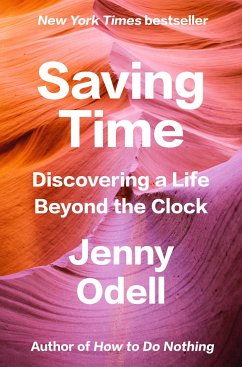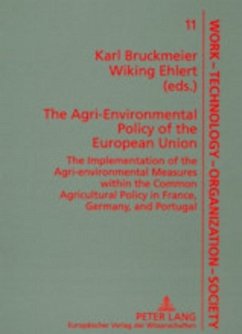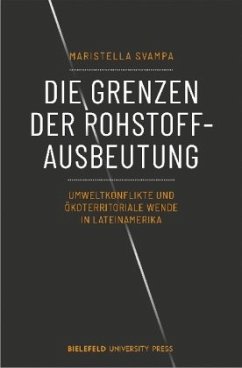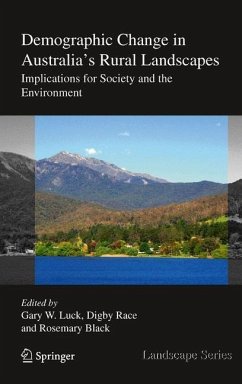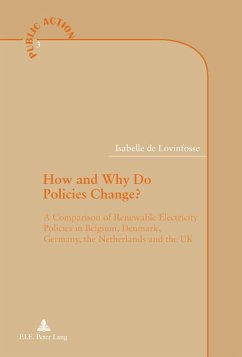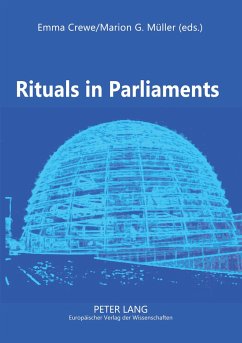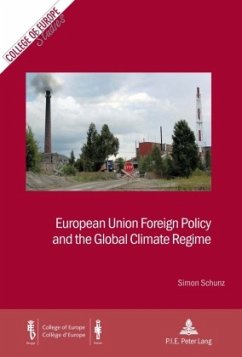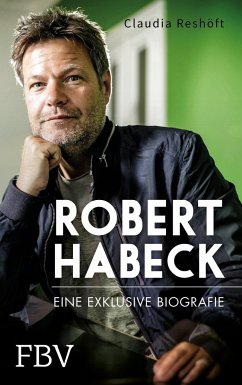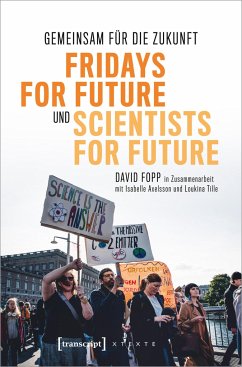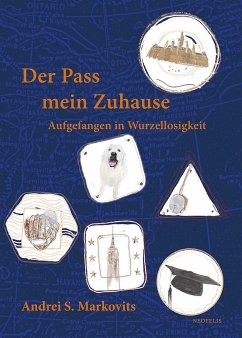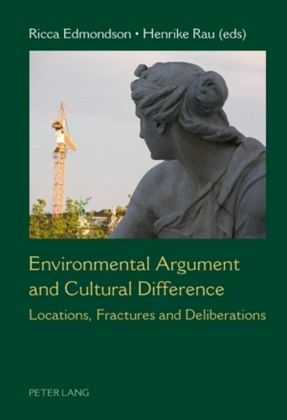
Environmental Argument and Cultural Difference
Locations, Fractures and Deliberations
Herausgegeben: Edmondson, Ricca; Rau, Henrike
Versandkostenfrei!
Versandfertig in 6-10 Tagen
100,00 €
inkl. MwSt.

PAYBACK Punkte
0 °P sammeln!
Environmental argument is 'about' far more than meets the eye. How people (mis)understand each other during environmental debates is affected by conflicts between values and ways of life which may not be directly connected with the environment at all. This book offers sociological evidence from three contrasting societies - Ireland, Germany and China - to explore how diversity of cultural context affects deliberation about the physical world. What can we discover by examining environmental debates through the lens of interculturality? When people disagree about flood management, building motor...
Environmental argument is 'about' far more than meets the eye. How people (mis)understand each other during environmental debates is affected by conflicts between values and ways of life which may not be directly connected with the environment at all. This book offers sociological evidence from three contrasting societies - Ireland, Germany and China - to explore how diversity of cultural context affects deliberation about the physical world. What can we discover by examining environmental debates through the lens of interculturality? When people disagree about flood management, building motorways or extracting gas, what difference does it make if they have diverse experiences of neighbourly relations, how to use time or how to imagine a good life? What is going on at intersections between cultures to influence the trajectories of environmental debates? The book disinters taken-for-granted practices, feelings and social relationships which affect environmental arguments, in scientific and artistic debate as well as in politics and policy-making. Importantly, the book makes visible the effects of cultural difference on people's approaches to arguing itself. If public arguing is shaped by specific habits of feeling or imagination, how does that impact on theories of democracy? Do we need new kinds of arguing to cope with environmental crises? What elements of arguing are decisive in the ways people come to see environmental decisions as wise choices?





